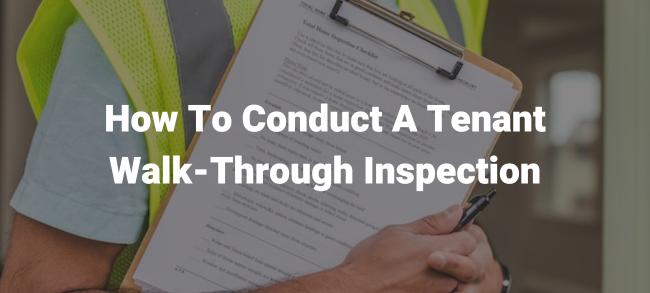Overview of Squatter Rights in Florida
After purchasing an investment property in Florida , you must complete routine inspections. This is not only to ensure that it does not require maintenance but also to make sure that there are no squatters living in your property.
Finding out that your property has become the home of a squatter is not something an owner wants. It is a violation of both your rights and your privacy. Over time, squatters will develop rights to the land that they are living in. This will make it more difficult to remove them.
You must take action immediately to remove squatters and to protect your property.
In Florida, squatters do not have property ownership rights right away. They can assume these ownership rights if they file for an adverse possession claim.
Trespassing vs. Squatting
While trespassing and squatting are different by definition, they often occur simultaneously. Trespassing is intentionally entering someone’s property without permission. It often indicates only a temporary entrance.
Squatting is occupying an abandoned or unoccupied area of land or building. The squatter does not own, rent, or otherwise have lawful permission to use this land or building. Squatting typically begins through the act of trespassing.
Both squatting and trespassing are illegal. There is one main distinction between the two. While trespassers keep their illegal entrance secret, squatters make their occupation public. Open possession is crucial for squatters to assume ownership of the property.
Florida Adverse Possession Law
Adverse possession is otherwise known as “squatter’s rights.” It is a principle that allows a squatter to assume legal ownership of the property they are living in. This occurs without the original owner’s permission. Assuming ownership can take place in a variety of different ways. For example, if the squatter makes improvements to the property.
There are several conditions squatters must meet to assume ownership of your property.
The first is through hostile possession. This signifies that the owner has not given their agreement for the squatter to live in their property.
The second condition is that the squatter must be open about their squatting. The local community and legal owner must be well aware that it is taking place.
Thirdly, the squatter’s possession of the land must be continuous for at least seven years. They must also have paid property taxes during this time.
The final condition is exclusivity. This means that only one squatter per property has the right to claim adverse possession. If several families live in the property, it is not exclusive.
Once they fulfill these qualifications, squatters can file an adverse possession claim. This is why it is crucial to take legal action to remove the squatter as soon as possible.
Neighbor Encroachment
Encroachment occurs when someone builds or extends into their neighbor’s property. This is a violation of their neighbor’s property rights.
Encroachment is especially a problem along lines of contested land. In this case, the boundary violation may be deliberate.
For example, a farm owner may have a large piece of unused land. It may have outlying unused areas, especially if it is unpatrolled. A neighbor may start farming on the outlying unused areas without realizing it. This creates a situation for adverse possession.
Structural encroachment occurs when a structure is built or extended into public land. Again, the owner of the land and the neighbor encroaching have not agreed on this taking place.
Claiming Property: Color of Title
Only after living on the property for seven years can a squatter file a claim for adverse possession. There are two types of adverse possession claims they can file for. One is “Color of Title” and the other is “Without Color of Title”.
“Color of Title” means the squatter came into possession of an apparent title. This is an alternative to having a legal title. This also signifies the squatter must satisfy the adverse possession requirements. These requirements include seven years of open possession. They also include improving or cultivating the property.
“Without Color of Title” is the alternate claim of adverse possession. Squatters can file for it when they have paid all the taxes within one year of occupying the property. They must still have lived on the property for at least seven years and been open (publicly) about their occupation.
Assuming Legal Ownership
Once all conditions for adverse possession are met, the squatter can file their claim. In court, a judge will determine who gets the right to legal ownership of the property.
The Bottom Line: Squatters in Florida
In summary, Florida’s adverse possession laws mean a squatter can assume property ownership. To file for a valid claim, the squatter’s possession must meet four conditions:
- Hostile
- Open and visible
- Continuous for at least seven years
- Exclusive
Real estate laws are often complicated, especially those involving adverse possession. If you want to know your landowner’s rights and responsibilities, you should hire a real estate attorney.
You can avoid running into issues with squatters by completing routine property inspections. You can also hire Advantage Realty Services, Inc. to save you time by doing these inspections for you. Give us a call at (813) 908-8300 for more information.












